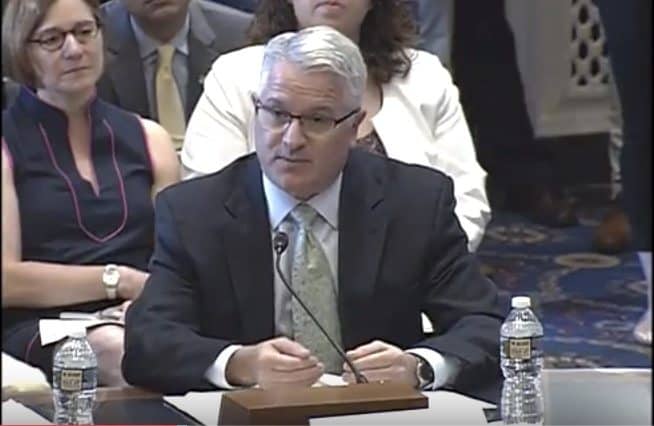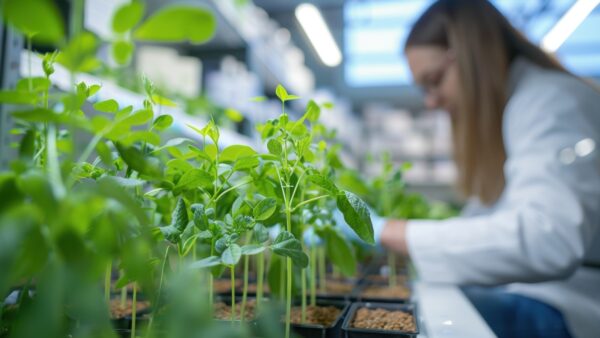American Seed Trade Association (ASTA) President and CEO Andy LaVigne testified today at a U.S. House Agriculture Committee hearing on the farm bill and innovation in specialty crops. LaVigne stressed the importance of promoting a climate of innovation through the funding of farm bill research programs and the enactment of clear and consistent, science-based policies across the government.
“As our knowledge of plant genetics and biology has grown over time, scientists and plant breeders have gained access to new information, tools, technologies and strategies to more efficiently address farmer and environmental challenges, and to meet ever-changing consumer demand,” said LaVigne. “New and evolving innovations like gene editing represent exciting opportunities for agriculture. However, if policies toward breeding methods are overly burdensome, then smaller, regional companies and the public sector will likely be precluded from fully utilizing these innovations.
“In addition to domestic efforts, it’s important that the U.S. government also develops an international engagement strategy to communicate with our trading partners to prevent trade barriers due to non-harmonized regulations.”
The U.S. vegetable seed market is valued at approximately $860 million annually. Federally funded U.S. agricultural research has played an important role in expanding the understanding of plant genetics leading to new crop varieties. Partnerships between the public and private sector help ensure that farm bill research dollars continue to result in new products that benefit farmers, consumers and the environment. The new farm bill should maintain robust and long-term funding for research to foster the growth of a strong 21st century farming economy.
To learn more about plant breeding innovation, including new methods like gene editing, visit www.seedinginnovation.org and watch ASTA’s new video on the evolution and future of plant breeding.












